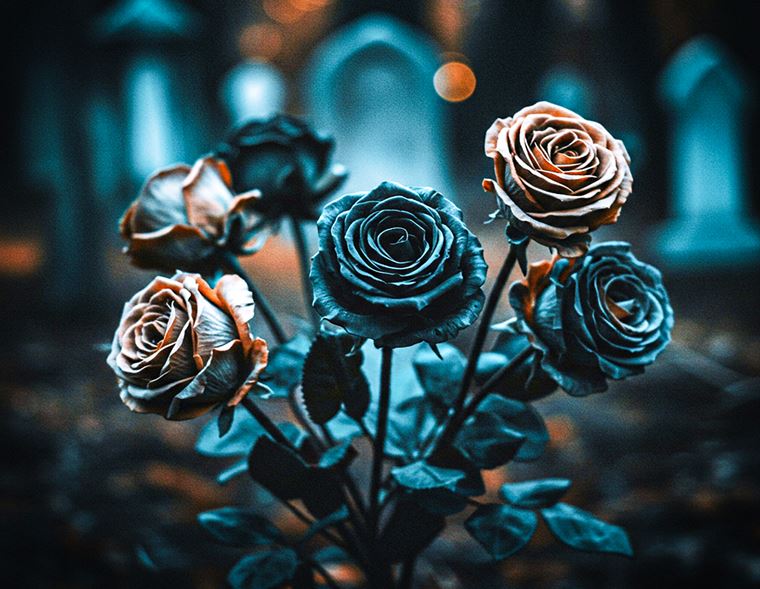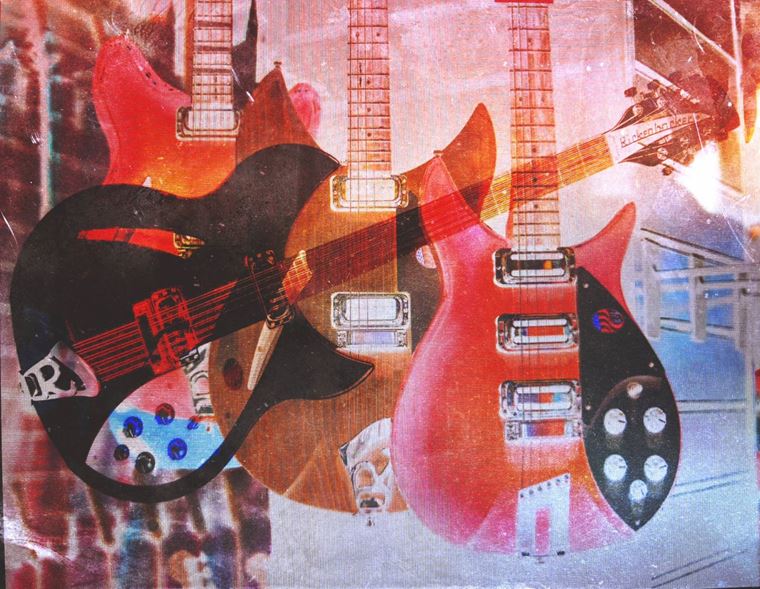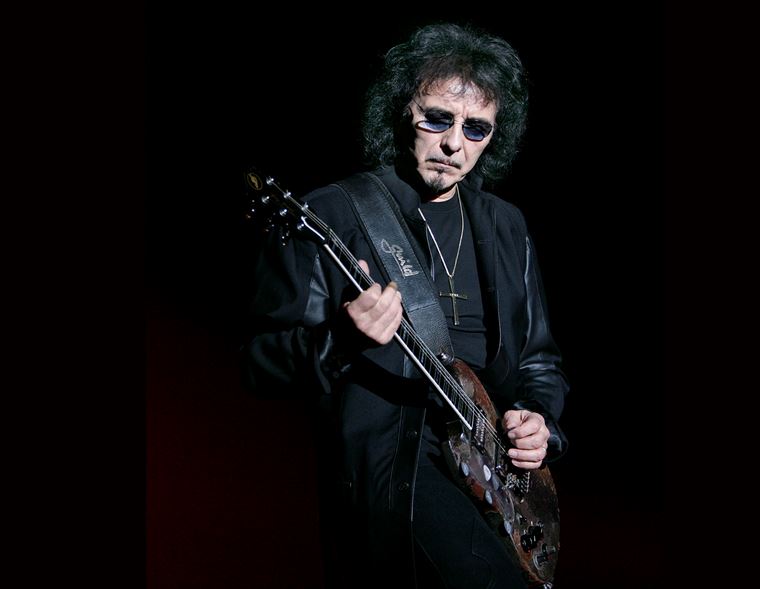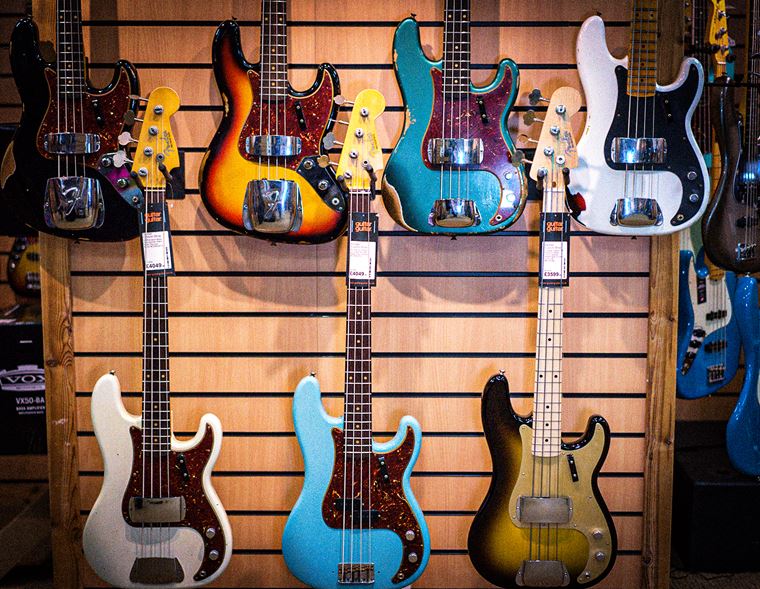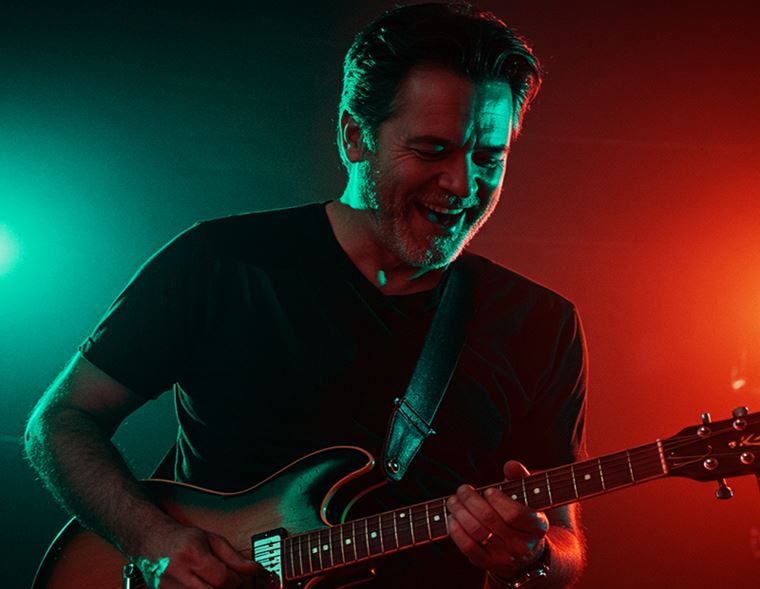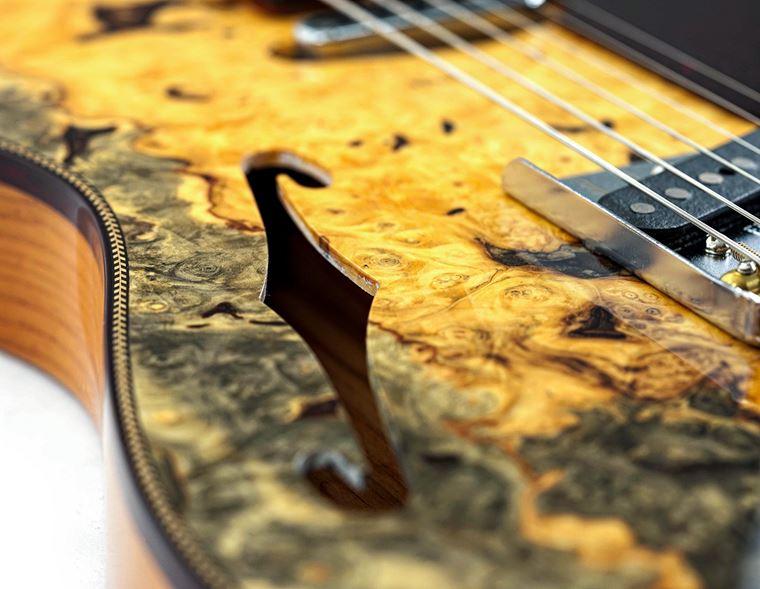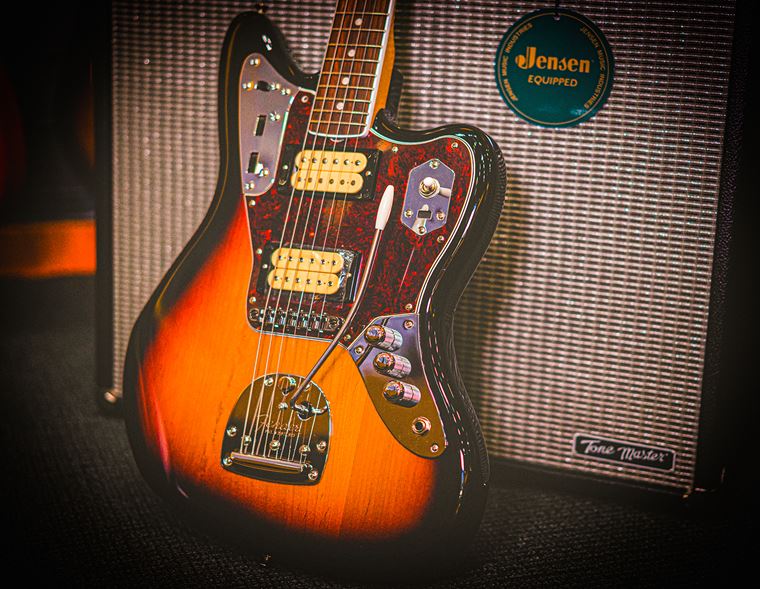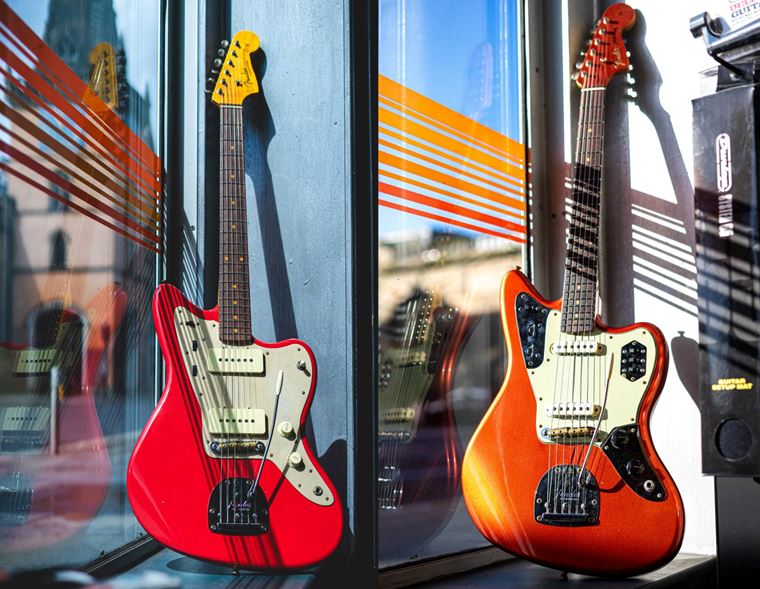Top 20 Fender Precision Bass Players
It’s slightly too much to say that the bass world is divided into P-bass and Jazz bass players (what about the StingRay?!), but there’s no doubt that those two designs account for more recorded bass lines than any other in the known universe.
Last time, I took a look at the world’s best/favourite/most well-known Jazz bass players (check out the 11 Iconic Jazz bass Players blog if you missed it!), so today is the turn of the Precision bass.
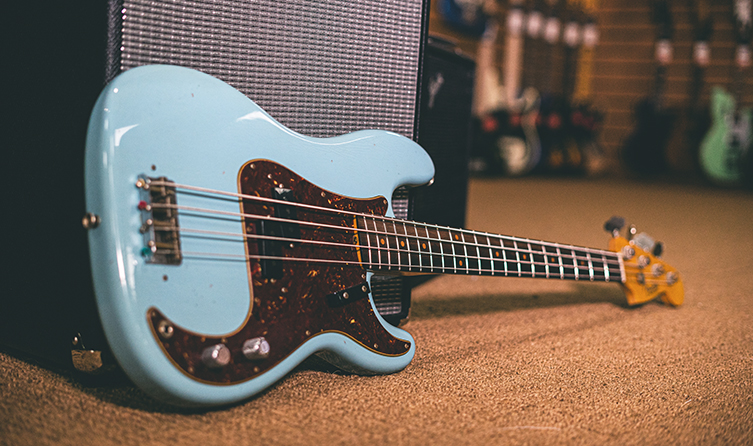
Because this is guitarguitar’s 20th anniversary, I’ve decided to make this a big one and go for a top 20. As usual, there’s no ‘best’ here, since we’re talking about music, not athletics. I do hope that I’ve included your favourite P-bass players here, though!
Let’s check out the list, but before that, how about a quick word on the Precision bass itself?
Contents
P-Bass: the Choice of Everybody
The Fender Precision Bass
The Fender Precision bass, or P-bass for short, is a very historically significant instrument. It’s crazy to think about it, but before Leo Fender had the idea to stick some frets on a longer neck, there was actually no such thing as a bass guitar!
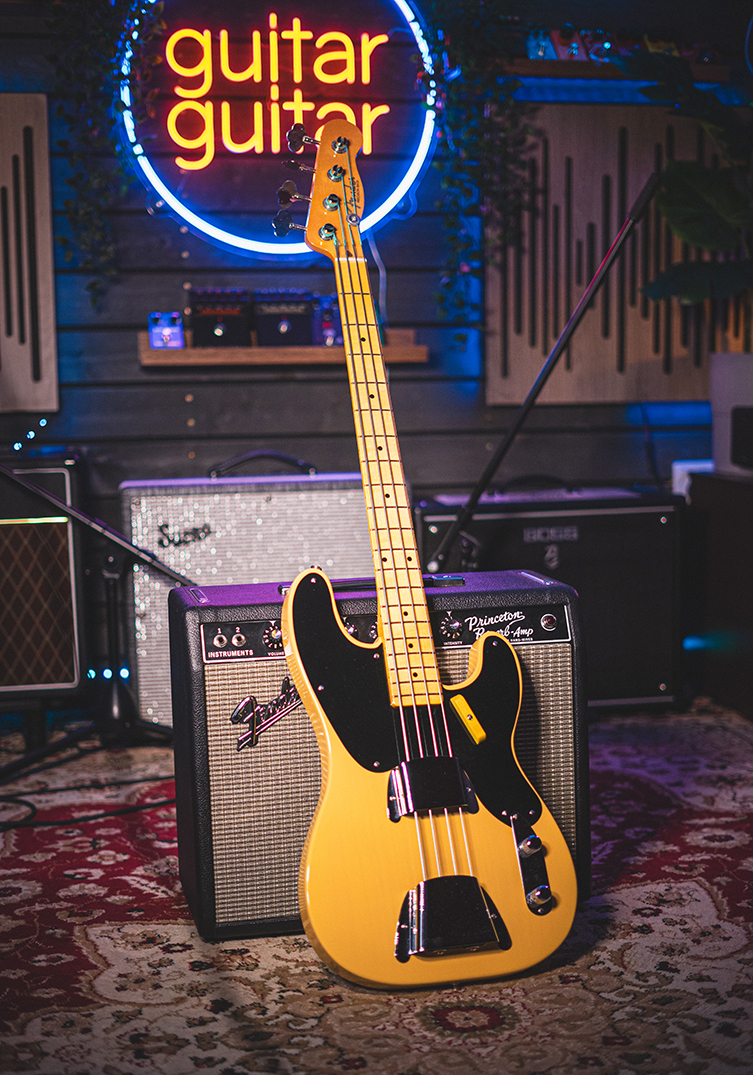
Yup, prior to the P-bass’ inception, bass players were limited to acoustic double basses, eventually fitting rudimentary pickups to the body instead of mic’ing them up from the stage. Leo Fender made a calculated risk that bassists wouldn’t mind playing something more portable that also had definite frets, and effectively ‘sized up’ his Broadcaster design. Released in 1951, the Precision bass quickly became an essential element in pretty much all modern music, with its innovative split-coil pickup providing a strong and consistent bass sound that the world had previously never heard.
It didn’t take long for a flood of imitators to release their own takes on the design, but over 70 years laters, there’s still nothing quite like a Fender P-bass, the world’s most popular bass guitar.
Top 20 Precision Bass Players
Paul Simonon
It’s all about that London Calling front cover, isn’t it? No image has so succinctly explained a band - and indeed a whole movement - like that of a frustrated Paul Simonon poleaxing his white Precision bass into the stage floor of the New York Palladium.
Pennie Smith’s truly iconic pic is one for the ages, and bassist Simonon is nothing if not self aware:
“The show had gone quite well, but for me, inside, it just wasn’t working well, so I suppose I took it out on the bass. If I was smart, I would have got the spare bass and used that one, because it wasn’t as good as the one I smashed up. When I look at it now, I wish I’d lifted my face up a bit more.”
Paul’s basslines on tracks like Guns of Brixton and Straight to Hell are masterclasses on style and attitude, much like the man himself.
Roger Waters
If David Gilmour was Pink Floyd’s gloss and finesse, then bassist Roger Waters was its stomping, surly and creatively potent artistry. Neither have been so good without the other, but Rogers continues to challenge with his work.
As the main creative force behind Floyd’s biggest records Dark Side of the Moon and The Wall, Roger Waters will forever be cherished as a songwriter, but it’s easy to forget how classic his bass work can be, too. Money is the obvious example, mainly because it's great. Play it on a black P-bass with a black pickguard!
Carol Kaye
Carol Kaye has appeared on more recordings than any other bassist in the world! As part of the famous ‘wrecking crew’, she was one of the most in-demand session players ever, and her playing has turned up on hits by artists such as Ray Charles, Sam Cooke, the Beach Boys and the Supremes.
Brian Wilson
Talking of the Beach Boys, lead songwriter Brian Wilson’s bass of choice was a Fender P-bass, normally in a colour that matched his harmonising brethren.
Many of us associate Brian with the piano, but in the early glory days of the band, he held down the bass in addition to vocals. Is Good Vibrations one of his finest bass moments?
Eric Avery
Providing the ‘deep bass’ grooves that all of Jane’s Addiction’s songs sat upon, Avery is a master of the alternative style, bringing a melodic and mysterious quality to his low-down P-bass grooves, normally played with a pick. People like Flea look up to Avery as a key inspiration, which tells you all you need to know.
Phil Lynott
That intro riff to The Boys are Back in Town tells you everything you need to know about Phil Lynott’s tight sound, grasp of drama and economy in his playing.
A super-cool frontman (his tribute Fender Custom Shop P-bass came with sunglasses and a studded wristband, for goodness sake) who knew that posing was at least as important as playing, he was the real deal as far as rock stars went.
Steve Harris
Where would Iron Maiden be without those galloping bass rhythms and riffs? In fact, Steve Harris is the band’s chief writer, responsible for the lion’s share of every album they’ve ever written.
Somewhat anachronistically, Harris prefers flatwound strings over the more accepted roundwound (for rock and metal, at least) and tends to play fingerstyle, even when the riffs get fast!
Suzi Quatro
In the 70s, Suzi Quatro was a force of nature with her powerful voice and grinding P-bass tone. Blending the worlds of glam and the harder flavours of rock that came just after, Quatro brought a melodic sensibility to her lines, and inspired a million girls to follow in her path, beating the boys at their own game.
Sting
Sting’s career has been wide ranging, from The Police to musicals about the Tyneside shipyards. Apart from his acting, one constant has always been top-notch bass playing, and whilst he does use a ton of different models, he’s well-associated with the P-bass, particularly the early 1951 version.
James Jamerson
The unsung hero of Motown bassists must be James Jamerson. The list of hit songs he appears on is as impressive as Carol Kaye’s: we’re talking Marvin Gaye’s What’s Goin’ On and My Girl by the Temptations. Like Carol, he’s a subtle force throughout much of the world’s favourite music, and like Carol, he’s a P-bass player.
Nate Mendel
Dave Grohl is such an obvious frontman/mouthpiece that his Foo Fighters bandmates often have to live far away from the spotlight. It’s easy, therefore, to gloss over bassist Nate Mendel’s contributions to the Foo’s back catalogue, but he’s been there since day one. His playing is energetic and supportive, and whilst it seems like he shuns attention, his playing often demands it.
JJ Burnel
If Paul Simonon is punk’s most iconic bassist, Stranglers bassist JJ Burnel probably has the best actual basslines. His grinding, distorted sound is one that every bassist wants to copy when they hear it, and his parts themselves are probably the most identifying parts of his band’s sound. A living punk legend for sure.
Derek Forbes
Simple Minds have been a few different bands in their 40+ career, but their earliest years when they sounded like a mix between Kraftwerk and Can were maybe their best. This was before the ‘Breakfast Club years’ and their sound had as much to do with Derek Forbes’ authority on bass as it did with the skyscraping synths and Charlie Burchill’s future-forward guitars.
John Deacon
Is Another One Bites the Dust the most famous bass riff ever? It’s certainly one of them, and it’ll either remind you of Queen rocking out or some poor contender ‘eating floor’ on TV’s Gladiators.
John Deacon - the silent one in Queen - was actually responsible for quite a few of their biggest hits, and though he’s long since retired from music, I bet he still picks up his Precision bass now and then for a blast of his own iconic riffs.
Eva Gardner
Not the movie star, but in fact another session ace, but one who is as much about touring as studio work. Eva Gardner is mostly seen with prog rockers The Mars Volta (hardly an easy gig), but she’s also brought her skills to tours with Pink, Moby and Gwen Stefani, amongst others. Squier even honoured her with a signature P-bass model, which is now pretty sought after!
John Entwistle
The late Who legend was definitely up for playing some unusual basses in his time - and why not? - but that huge rumbling sound that we all love from Live at Leeds was thanks to a P-bass.
Live at Leeds is one of those albums that sounds a bit thin and weedy at low volumes but turns into an absolute monster once you crank your volume a little. For full Entwistle appreciation, I recommend whacking the volume to max!
Mike Mills
Great bass playing isn’t maybe the first thing that comes to mind when you think about R.E.M., but Mike Mills is actually a top player. Very busy, melodic lines support and push the band’s hit songs, and earlier material sees the bass actually taking a more leading role in proceedings than Peter Buck’s guitar.
In addition to being a strong vocalist, Mills and his P-bass more than earn the term ‘secret weapon’.
Geezer Butler
An awesome force on the bass, Black Sabbath’s Geezer Butler is as much a riff guy as Tony Iommi. In addition, his use of effects like wah and fuzz were innovative in their day, paving the way for people like Metallica’s Cliff Burton.
Not only that, but Butler is/was also the band’s chief lyricist too, so his contributions to the world of heavy music is significant.
Pino Palladino
From Jeff Beck to Gary Numan (and Alan Partridge, for those who know) and onto D’Angelo, session man Pino Palladino has a credits list that’s as diverse as it is successful. A player of taste, groove and as much - or as little - flash as you want, he’s a real connoisseur’s choice.
Kim Deal
Kim Deal’s bass playing with game-changers The Pixies would be enough to put her on the map forever. Riffs like Gigantic (she wrote that whole song actually) along with her charismatic backing vocals have made her alt-rock royalty, but then there’s the whole other story of her band The Breeders, whose songs like Cannonball haven’t aged a day. With the Breeders, Kim played the guitar but for the Pixies, it was P-bass all the way. Fun fact: Kim Deal was Steve Albini’s favourite singer to record!
P-Bass: the Choice of Everybody
Let’s face it: that is quite an unstoppable list of bass talent right there! And that’s only a slight scratch on the surface, too: remember, the P-bass is the most recorded bass in the history of the world, ever. There are countless more great players and basslines out there that space didn’t allow me to include today, but I hope you feel satisfied with those who did make it!
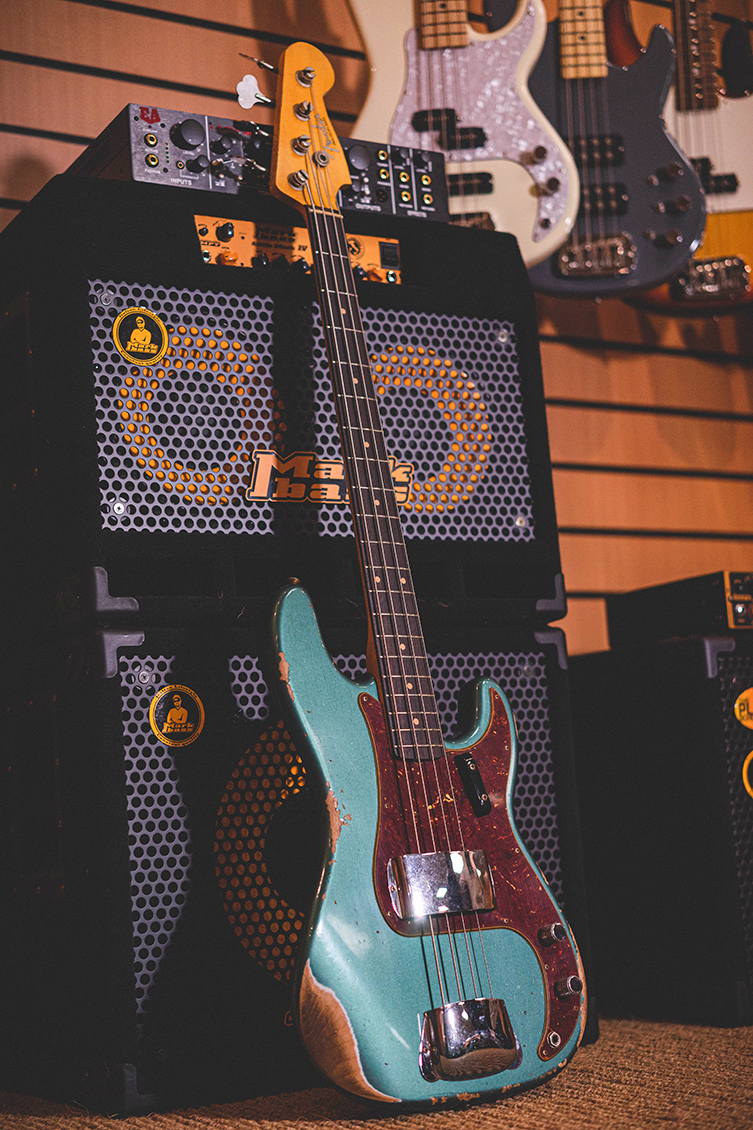
Of course, like guitarists, bassists often use more than one style of bass, but these people are all more known for P-Bass than anything else.
What a team! If you are suitably inspired, smash that button below and have a browse of our current selection of Fender Precision basses: you’ll be joining the world’s best!
Click to Browse our Fender Precision Basses



